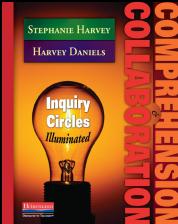
What are you thankful or grateful for?
This is the question people are reflecting on during the month of November.
I once was told to spend each night before bed reflecting with gratitude with what I do have. This is a practice I do every time I hear myself venting and frustrated and magically things turn positive in my life when you focus on gratitude.
I want you to know that I am thankful to work with such professionals as all of you. Your dedication to your students and doing whatever it takes to help them grow both social/emotionally and academically is inspiring. You treat them with the love and care as if they are your own children.
Did you know gratitude is something students need to be taught. Check out this article to tap in on how we can support the development of gratitude with your students.
Tapping into the Power of Gratitude



Never let the things you want make you forget the things you have.
I’ve seen better days, but I’ve also seen worse.
I don’t have everything I want, but I do have all I need. I woke up with some aches and pains, but I woke up.
My life may not be perfect, but I am blessed.
If you want to find happiness, find gratitude.
When life is sweet, say thank you and celebrate. When life is better, say thank you and grow.
When you are grateful, fear disappears and abundance appears.
Gratitude is one of the sweet shortcuts to finding peace of mind and happiness inside.
No matter what is going on outside of us, there’s always something we could be grateful for -
See more at: http://www.lorensworld.com/life-work/be-thankful-6-quotes-to-express-gratitude/#sthash.UpviwDii.dpuf






